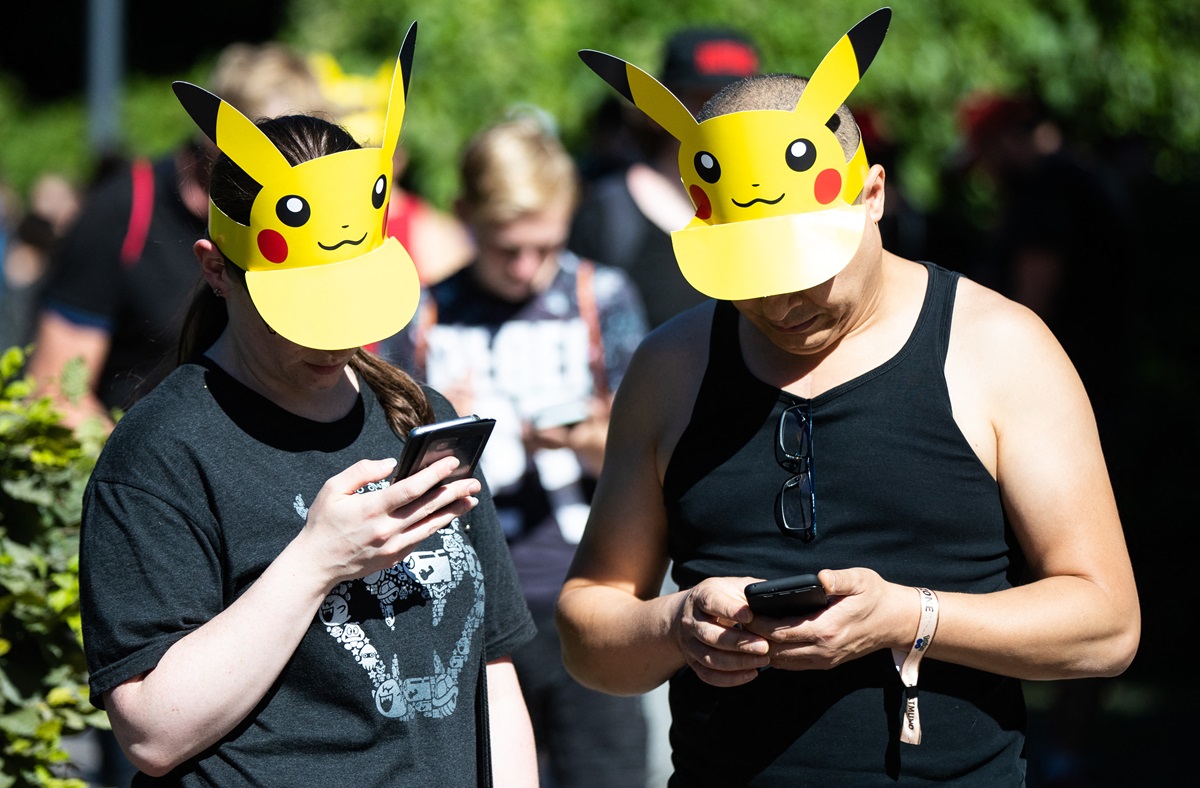Belarus Claims AR Game ‘Pokémon GO’ Spied on its Military Assets
Belarus’ defense ministry has claimed that the 2016 augmented reality (AR) mobile game Pokémon GO was used for espionage.
The ministry’s department head of ideological work Alexander Ivanov shared his suspicions on the national talk show, Po Suschestvu, during a discussion about potential targets for spies.
“Where do you think there were the most Pokémon at that time?” he asked before stating that the bulk of virtual Pokémon were present at the “territory of the 50th air base, where the runway is, where there is a lot of military aviation equipment.”
Pokémon GO relies on GPS tracking as it invites users to turn on location and use their phone camera to search their physical surroundings and collect virtual pocket monsters.
The mobile game was developed as a collaboration among Niantic Inc., Nintendo, and The Pokémon Company.
Privacy Concerns
Since the game’s release in 2016, several governments and individuals have been wary of the game’s data-gathering capabilities.
It requires uninterrupted use of user location and camera and “full access” to Google accounts on Apple devices, which garnered multiple data privacy concerns.
At the height of the game’s popularity, Indonesian State Intelligence Agency director Sutiyoso commented that the location-based mobile game poses national security risks, although security experts and analysts did not share this view.
Egypt, Kuwait, and other Middle Eastern governments echoed similar concerns and warned players to avoid sensitive sites.
The US also established procedures preventing civilians from trespassing onto military bases and preventing service members from entering restricted areas to catch Pokémons as these might expose confidential information.
In the year of its release, Russia asserted that the mobile game was a security risk, claiming that it was part of a CIA plot.
Niantic, the game’s software developer company, is headed by former Google Geo division executive John Hanke.
Hanke was tangled up in conspiracy theories because his former company Keyhole (later acquired by Google) received funding from various sources, including the CIA’s venture capital arm, In-Q-Tel.
However, Niantic denied the allegations and informed The Register that the game “only accesses basic Google profile information (specifically, your User ID and email address) and no other Google account information is or has been accessed or collected.”
In 2022, the year Russia invaded Ukraine, Niantic shut down game operations in the Russian and Belarus markets.
“We stand with the global community in hoping for peace and a rapid resolution to the violence and suffering in Ukraine. Niantic’s games are no longer available for download in Russia and Belarus, and gameplay will also be suspended there shortly,” the company tweeted on March 11 of that year.












